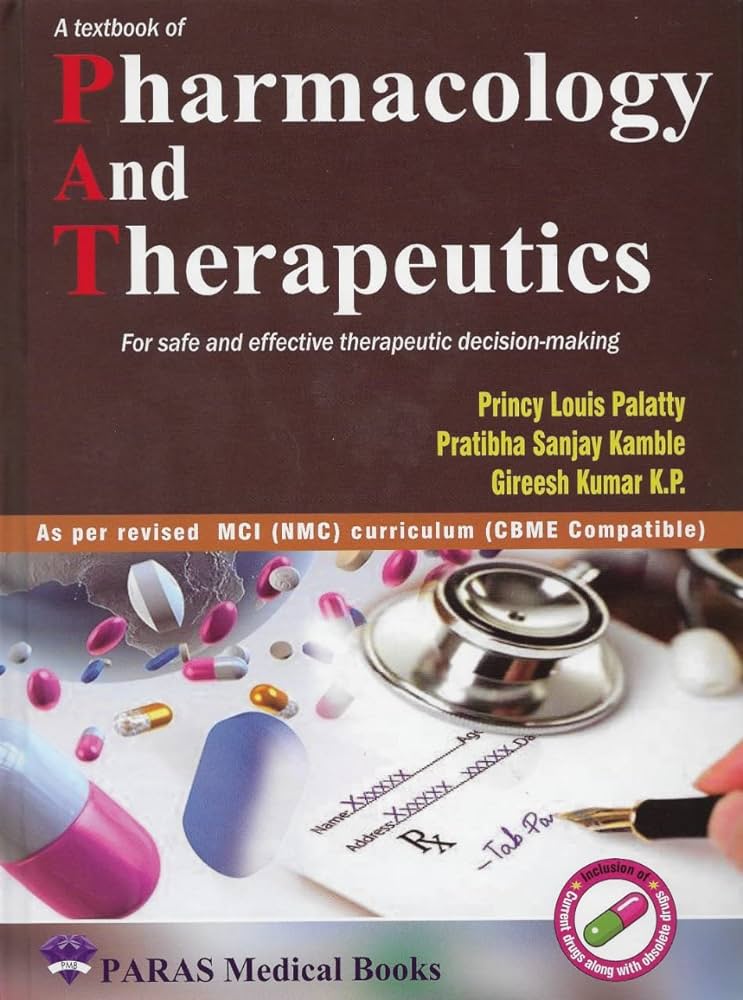抗代谢综合征药物的多方面作用:胃肠道肿瘤治疗的新希望
IF 12.5
1区 医学
Q1 PHARMACOLOGY & PHARMACY
引用次数: 0
摘要
代谢综合征(MetS)被定义为至少存在5个临床参数中的3个,包括腹部肥胖、胰岛素抵抗、甘油三酯升高、高密度脂蛋白(HDL)降低和高血压。描述MetS的主要特征已被公认为癌症发病的危险因素,对胃肠道(GI)肿瘤具有惊人的影响。有趣的是,治疗性用药以改善血糖控制和血脂异常(包括二甲双胍,他汀类药物)已被证明对几种癌症的发展和预后改善具有预防作用。总的来说,这些观察结果强调了代谢改变在癌症风险发展中的关键作用,并揭示了抗mets药物在其常规药理作用之外的再利用潜力。本文综述了目前关于抗糖尿病和抗血脂药物在胃肠道肿瘤发生和发展中的抗肿瘤活性的研究进展。在这里,他们的治疗潜力的临床前证据和他们在新的引人注目的治疗策略整合将被讨论。这些专门针对胃肠道肿瘤患者的新型联合治疗方案的可能临床结果将受到关注。在未来,这些新的治疗方案应该被考虑,以改善常规化疗的反应和这组患者的预后。本文章由计算机程序翻译,如有差异,请以英文原文为准。
The multifaceted role of agents counteracting metabolic syndrome: A new hope for gastrointestinal cancer therapy
Metabolic syndrome (MetS) is defined by the presence of at least three of five clinical parameters including abdominal obesity, insulin resistance, elevated triglycerides, reduced high-density lipoprotein (HDL) and hypertension. Major features describing MetS have been recognized risk factors for cancer onset, with an alarming impact on gastrointestinal (GI) tumors. Intriguingly, therapeutic administration of drugs to improve glycemic control and dyslipidemia (including metformin, statins) has been shown to have a preventive role in the development and in prognosis improvement of several cancer types. Overall, these observations highlight the key role of altered metabolism prevalently in cancer risk development and unveil anti-MetS agent repurposing potential beyond their conventional pharmacological action. The objective of this review is to summarize the current knowledge about the antitumor activity of anti-diabetic and anti-lipemic agents in GI cancer onset and progression. Here, pre-clinical evidence of their therapeutic potential and of their integration in novel compelling therapeutic strategies will be discussed. Possible clinical outcomes of these novel therapeutic combined protocols specifically dedicated to GI cancer patients will be put under the spotlight. In the future, these novel therapeutic options should be considered to improve conventional chemotherapy response and prognosis of this group of patients.
求助全文
通过发布文献求助,成功后即可免费获取论文全文。
去求助
来源期刊
CiteScore
23.00
自引率
0.70%
发文量
222
审稿时长
90 days
期刊介绍:
Pharmacology & Therapeutics, in its 20th year, delivers lucid, critical, and authoritative reviews on current pharmacological topics.Articles, commissioned by the editor, follow specific author instructions.This journal maintains its scientific excellence and ranks among the top 10 most cited journals in pharmacology.

 求助内容:
求助内容: 应助结果提醒方式:
应助结果提醒方式:


